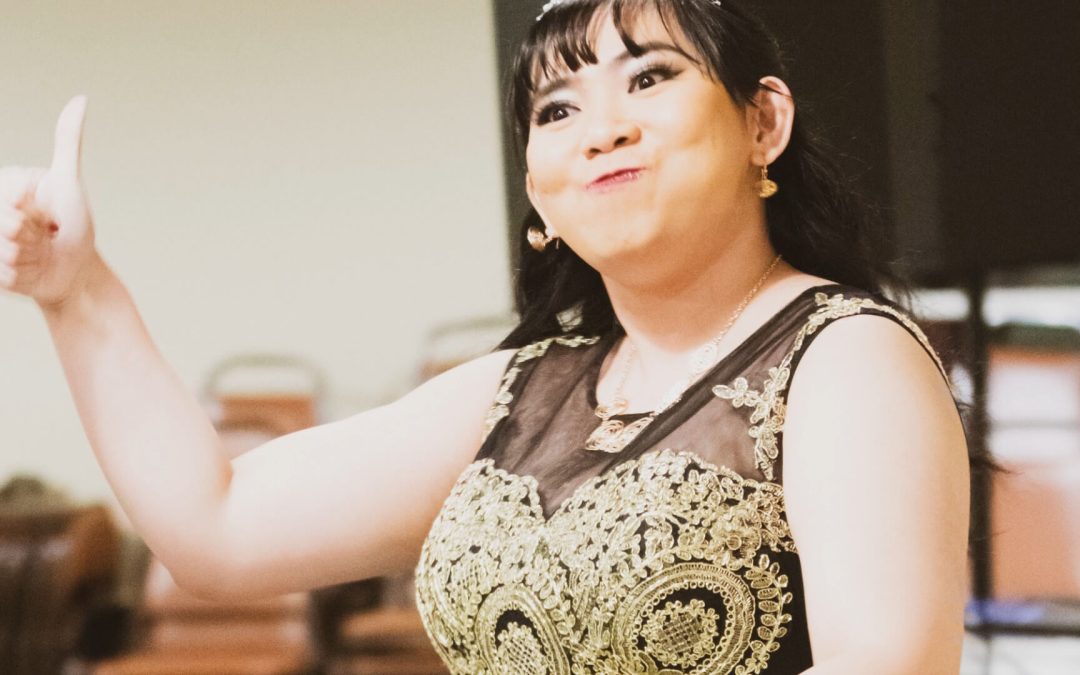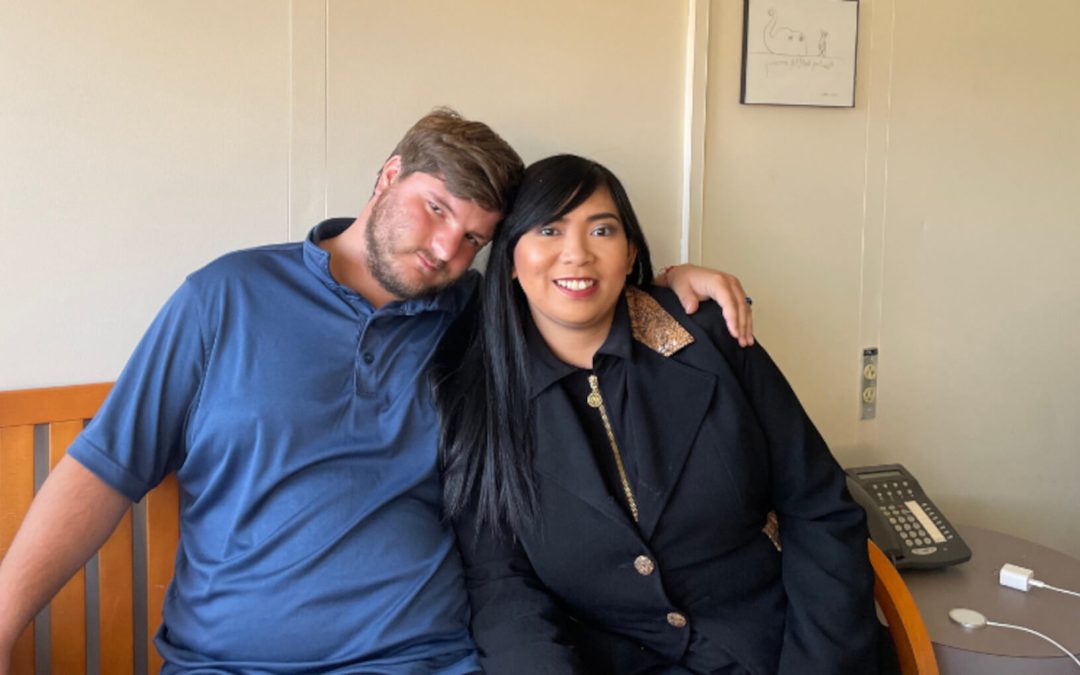Clay Seim and Josh Miller join Dr. Gwynette to talk about what independence means for autistic adults and the experience of falling off of the “transition cliff” of services and support.

Episode 51: The Wiggles — A Fan’s Tribute
What’s that about fruit salad? Why is Jeff asleep?


0 Comments